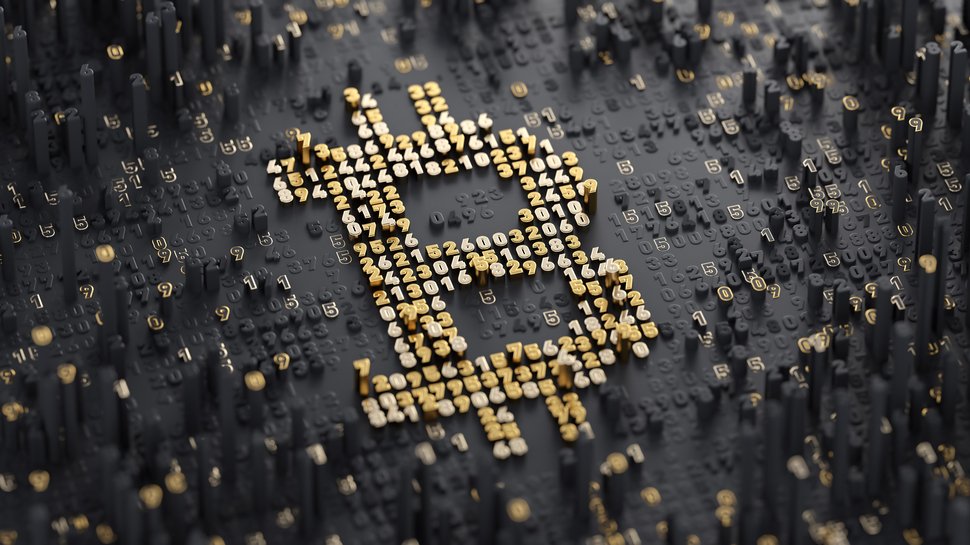

A new bitcoin mining pool, launched in beta by analytics platform Blockseer, will refuse to process transactions involving certain blacklisted wallet addresses, to ensure it does not inadvertently facilitate criminal activity. The group will use forensic data from Blockseer and Walletscore, as well as the US OFAC blacklist for cryptocurrencies, to filter out any transactions deemed “bad” from the blocks published by the group. According to DMG, Blockseer's parent company, all contributors to the new bitcoin mining pool must also pass Know Your Customer (KYC) protocols, thereby preserving the "highest level of transparency, audibility, and governance." company.” “We recognized early on the need for a mining pool that provides data to meet the needs of financial audits. The Blockseer pool brings a new standard focused on compliance to the industry, not just the data that the group provides to its users, but also in the Bitcoin blocks it operates on the network," explained Sheldon Bennett, COO at DMG. "The group aims to be devoid of transactions from known malicious wallets that use this medium in a way that continues tarnishing the reputation of cryptocurrencies".
Bitcoin mining pools
When Bitcoin was in its infancy, the mining difficulty was relatively low, so a person with a powerful computer could successfully make a profit. In other words, the value of the cryptocurrency reward was greater than the cost of the electricity spent (and all other overhead). However, as difficulty increased (reflecting increased competition on the network), individual miners were pushed out of the market, paving the way for bitcoin mining pools pooling the computational resources of large numbers of companies. people. All the profits generated when a mining pool successfully extracts a block are distributed among the participants, according to the power supplied by each one. The idea of a mining pool capable of censoring 'bad' transactions may seem like an absolute positive, but some sections of the Bitcoin community fear that the Blockseer mining pool could set a precedent that undermines the core ethos of the project. Bitcoin is based on the idea that financial transactions should be both decentralized (meaning separated from intermediaries like central banks) and completely private. However, allowing a centralized entity, in this case the Blockseer mining pool, to assume the role of arbiter of transactions acts to dilute these basic principles. The power to select which transactions to process and which not to process is essentially also the power to select who can participate in the Bitcoin network, which is designed to be completely open and anonymous. Others have suggested that the ability to censor certain transactions could also give regulators the impetus to make other demands that erode the benefits of the censorship-resistant Bitcoin payment system. According to Erik Voorhees, CEO of the ShapeShift trading platform, “It's not an imminent problem, but it's coming. Now is the time to prepare for it. Via Cointelegraph

